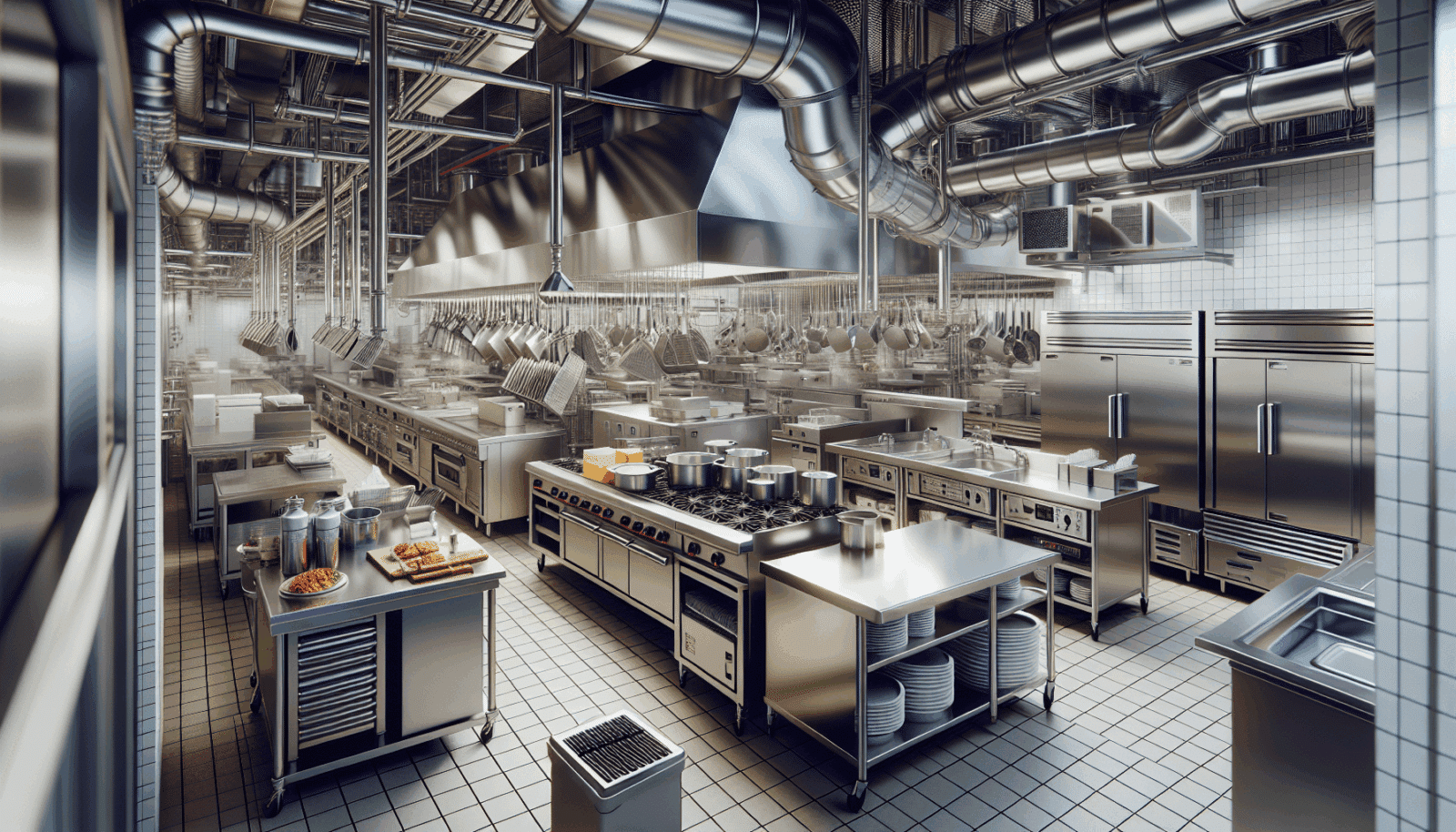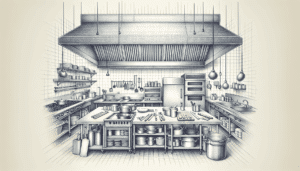Utah Hood Cleaning understands that keeping your Commercial kitchen hood fire code compliant can be overwhelming. We’re here to demystify the process so you can keep your kitchen safe and running smoothly without the stress. From guidelines to timely tips, this guide is your go-to resource for everything you need to know about maintaining compliance. Let’s dive in together!
Why Fire Code Compliance Matters
Fire code compliance isn’t just a legal requirement; it’s a crucial aspect of running a commercial kitchen safely. Ignoring these codes could result in severe penalties, shutdowns, and increased fire risks. Moreover, adhering to these codes ensures the safety of your staff and guests, making your business a trusted and reliable establishment.
Understanding NFPA 96
The National Fire Protection Association (NFPA) 96 Standard provides the minimum fire safety requirements related to the design, installation, operation, inspection, and maintenance of all public and private commercial cooking operations. This standard is the bedrock for hood fire safety and is regularly updated to incorporate new technologies and methods.
What to Expect in an Inspection
Regular inspections play a significant role in maintaining fire code compliance. During these inspections, professionals will assess several aspects of your kitchen hood system. They’ll check for Grease build-up, system functionality, and compliance with NFPA standards. Knowing what to expect can help you prepare and ensure your kitchen passes with flying colors.
Cleaning Frequency
How often should you clean your kitchen hood system? That depends on the volume and type of cooking done in your kitchen. High-volume kitchens may require monthly cleanings, while those with lower output might get by with quarterly or semi-annual cleaning. Staying on top of this schedule helps to minimize fire risks and maintain compliance.
Essential Components to Maintain
Certain parts of your kitchen hood system require regular inspection and maintenance. Here are the key components:
- Filters: These are essential for trapping grease and preventing it from accumulating in the ducts. Regular cleaning or replacement is crucial.
- Ducts: Grease build-up in ducts is a significant fire hazard. Proper cleaning methods should be employed to ensure they remain grease-free.
- Fans: The fans help in venting out the smoke and odor. They must be kept in good working order to ensure efficient operation.
- Fire Suppression Systems: These systems should be inspected and serviced regularly to ensure they activate correctly in the event of a fire.
- Access Panels: These should be checked to ensure they’re accessible for maintenance and cleaning tasks.
Grease Management Best Practices
Grease is one of the primary culprits in kitchen fires. Implementing effective grease management practices can significantly reduce fire risks. Use grease trays and containers to collect and dispose of grease properly. Regularly check and empty collection systems to prevent overflow and ensure they function effectively.
Staff Training and Responsibilities
Your team plays a pivotal role in maintaining fire code compliance. All kitchen staff should be regularly trained in fire safety practices and the proper use of kitchen equipment. Assign specific cleaning and maintenance tasks to team members to ensure consistent practices are followed. This helps create a culture of safety and accountability.
Documentation and Record-Keeping
Keeping detailed records of all maintenance, cleaning, and inspections is crucial for compliance. Proper documentation not only helps in passing inspections but also ensures that any issues are promptly addressed. These records should be easily accessible and up-to-date to provide a clear history of your compliance efforts.
Choosing the Right Cleaning Service
Selecting a reputable hood cleaning service is key to ensuring your kitchen meets fire code standards. Look for companies with certified professionals who have experience in commercial kitchen cleaning. Research their reviews, and make sure they follow NFPA guidelines and provide comprehensive Services.
Emergency Preparedness
Even with the best maintenance practices, emergencies can still happen. Ensure you have a well-documented emergency plan in place. This should include evacuation routes, fire extinguisher locations, and specific actions each staff member should take in case of a fire. Regular drills can help ensure everyone knows what to do if the unexpected occurs.
Stay compliant and keep your commercial kitchen safe by reaching out to Utah Hood Cleaning. Contact Us by phone # 801-853-8155 or Request a Free Quote.




